Introduction
Effective studying plays a crucial role in academic success. Whether in high school, college, or professional certification programs, students who develop strong study habits tend to achieve better outcomes on exams.
Recent research has shed light on the most efficient learning methods. Studies show that common strategies like rereading and highlighting are often less effective than active recall, spaced repetition, and interleaving techniques (Dunlosky et al., 2013). Cognitive science continues to explore how memory works and which practices truly enhance retention and understanding.
This article compiles science-backed study hacks for exams that can help students at any level prepare more effectively. By focusing on evidence-based techniques, it aims to support learners in improving their performance and reducing test-related stress.

🧠 Understanding How Study Strategies Impact Performance
The Science of Practice
Repeated practice with exam-style problems significantly improves academic performance. Research indicates that students who engage in consistent, targeted practice see measurable benefits in their grades. According to "Practice Makes Better: Quantifying Grade Benefits of Study", students who utilized structured practice methods, particularly with randomized exam-style questions, performed better across multiple demographics. These improvements were evident regardless of GPA, gender, or underrepresented group status.
Platforms like Problem Roulette play a crucial role in this process by offering randomized practice problems that simulate test conditions. This method not only reinforces learning but also helps with exam readiness by exposing students to the format and pacing of actual assessments.
Perceived Helpfulness vs. Actual Results
Student perception of study strategies can align closely with actual performance outcomes. A survey-based analysis found that students who rated their study methods as helpful tended to score higher on their exams. This finding is supported by "Determination of the Helpfulness of Physics Exam Study Methods", which highlights the link between self-assessed strategy effectiveness and real academic results.
These findings underscore the need for students to regularly evaluate and adjust their study habits. Simply put, recognizing what works—and being willing to change what doesn't—is a critical study hack for exams.
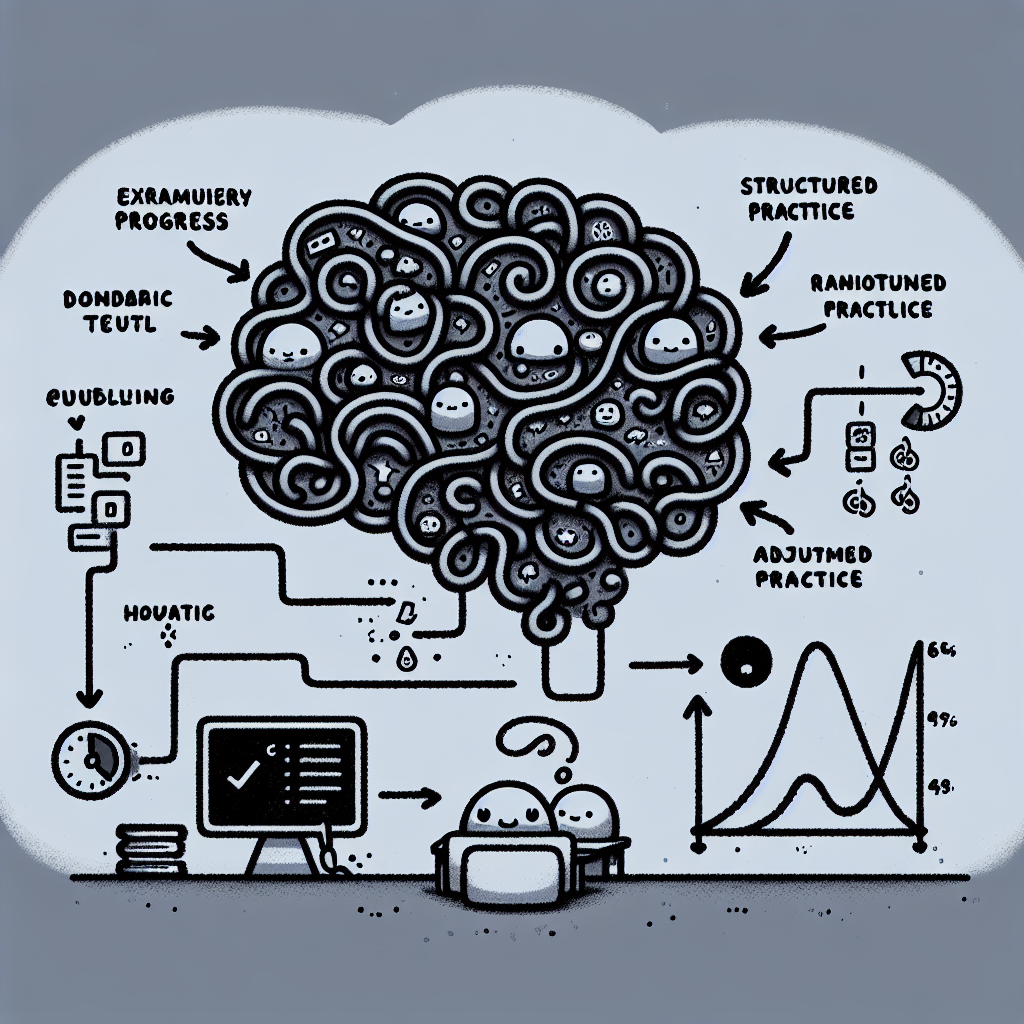
🛠️ Study Hacks That Work (Backed by Research!)
1. Spaced Retrieval Practice
Spaced retrieval practice is a well-supported method for improving long-term memory. By spacing out study sessions over time rather than cramming, students improve retention and recall. Techniques such as flashcards, self-quizzing, and taking practice exams are effective implementations of this method. Tools like randomized question banks—such as Problem Roulette—help students encounter material in unpredictable ways, reinforcing memory through repeated, spaced exposure.
2. Active Learning Techniques
Active learning involves engaging with the material through methods like teaching someone else, summarizing content aloud, or solving problems interactively. Group study sessions with peers that incorporate discussion and problem-solving can significantly boost understanding. Research shows that active learning can reduce achievement gaps, especially in large introductory courses (Increased Structure and Active Learning Reduce the Achievement Gap in Introductory Biology).
3. Simulation-Based Learning
Simulations help students grasp complex concepts, particularly in STEM subjects. By modeling scenarios and experimenting with variables, learners develop critical thinking and improve their understanding of statistical inference. This approach has been shown to combat anti-statistical thinking and foster deeper reasoning (Combating Anti-Statistical Thinking Using Simulation-Based Methods).
4. Leveraging Video Tutorials and Crowdsourced Content
Visual learners benefit from video tutorials, which offer diverse teaching styles and explanations. Crowdsourced learning content—such as student-made tutorial videos—can be just as effective as traditional instructional materials. Platforms like YouTube, Khan Academy, and peer-created content collections provide accessible, high-quality resources (A Crowdsourcing Approach to Collecting Tutorial Videos).
5. Self-Assessment and Reflection
Reflective practices like maintaining a learning journal or conducting regular self-assessments help students identify what study hacks for exams are most effective. This metacognitive approach—thinking about one’s own thinking—has been correlated with better academic outcomes across disciplines.
6. Creating a Structured Study Environment
A consistent, distraction-free study space combined with a structured schedule improves focus and productivity. Strategies such as time blocking and planned breaks help maintain a balance between effort and recovery. Structured study environments are particularly beneficial for students from underrepresented or disadvantaged backgrounds (Haak et al., 2011).
7. Personalizing Study Approaches
Effective study hacks for exams are not one-size-fits-all. Students should adapt strategies based on the subject matter and their own learning preferences. Implementing a feedback loop—trying a method, evaluating its effectiveness, and adjusting accordingly—can lead to better outcomes and more efficient learning.
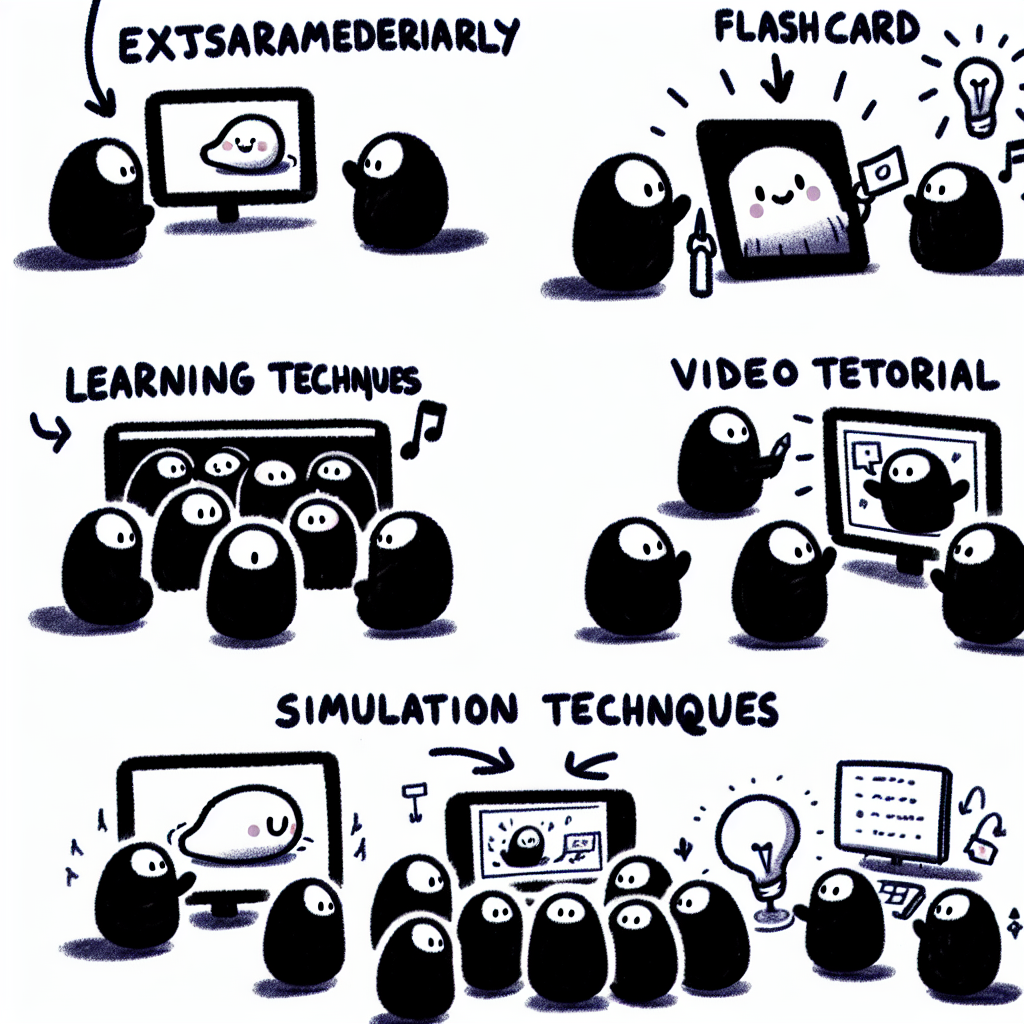
📊 How to Measure If Your Study Hacks Are Working
To ensure your study hacks for exams are effective, it's important to track your progress using measurable methods.
Track Exam and Quiz Performance Over Time
One of the most direct ways to evaluate your study hacks is by monitoring your scores on quizzes and exams across the semester. Look for consistent improvement or areas where your scores plateau. If your performance is not improving despite using new strategies, it might be time to revise your approach.
Use Formative Assessments
Formative assessments like low-stakes quizzes and practice tests are useful tools to measure how well you've retained information. Because they simulate testing conditions without impacting your final grade, they provide honest feedback on your current understanding. Regular use of these assessments can help you identify which study hacks are helping and which ones need adjustment.
Seek Instructor or Peer Feedback
Getting feedback from instructors or study peers can provide insight into how effectively you're learning. Instructors can help identify gaps in your understanding, while peers may offer alternative techniques or validate whether your current study hacks are working. Constructive feedback is a valuable metric for measuring progress.
By using these three methods—tracking performance, using formative assessments, and seeking feedback—you can make data-driven decisions about your study hacks for exams.

🎯 Study Hack Checklist
To make the most of your study time and improve your performance, use this checklist of proven study hacks for exams:
- I practice with real exam questions regularly
Using past papers or sample questions helps you get familiar with the exam format and test your understanding under realistic conditions. - I space out my study sessions
Spaced repetition strengthens memory retention more effectively than cramming. - I quiz myself and explain topics out loud
Active recall and self-explanation encourage deeper learning and highlight gaps in understanding. - I use video tutorials to reinforce complex ideas
Visual and auditory explanations can clarify difficult topics and provide alternate perspectives. - I adjust my strategies based on results
Tracking what works and modifying your approach helps optimize your study methods over time. - I track my progress weekly
Regular check-ins keep you accountable and show how much you’ve improved. - I engage with peers in active learning
Group discussions, teaching others, and collaborative problem-solving enhance comprehension and retention.
Use this checklist to evaluate and refine your exam preparation strategy using these effective study hacks for exams.
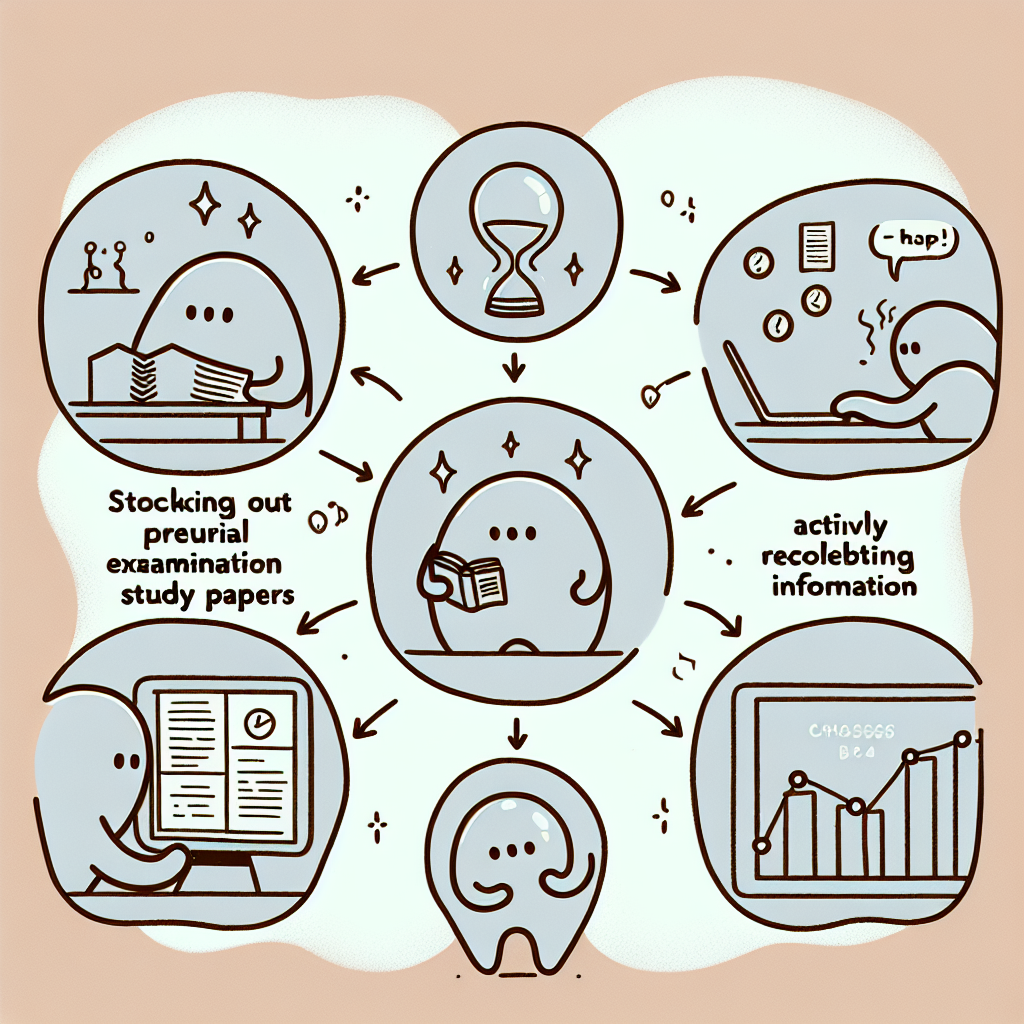
Integrating Study Hacks into Academic Support Programs
Institutions play a critical role in equipping students with effective study hacks for exams by embedding these techniques into academic support programs. One key strategy is providing access to randomized question banks. These tools help students practice active recall and adapt to different question formats, a proven method for improving retention and exam performance.
Facilitating peer study groups and offering tutoring services can also amplify the benefits of collaborative learning. These environments promote the exchange of study strategies and reinforce understanding through explanation and discussion—both effective study hacks for exams.
Investing in digital platforms that offer interactive resources, such as flashcards, quizzes, and crowdsourced content, can significantly enhance student engagement. These platforms often include gamified elements and real-time feedback, which support frequent, low-stakes testing—another evidence-based study hack.
Lastly, institutions can encourage reflection and metacognition within coursework by integrating self-assessment tools and journaling exercises. When students regularly evaluate their learning strategies and outcomes, they can make informed adjustments based on what is most effective, aligning with research-backed principles of successful exam preparation.
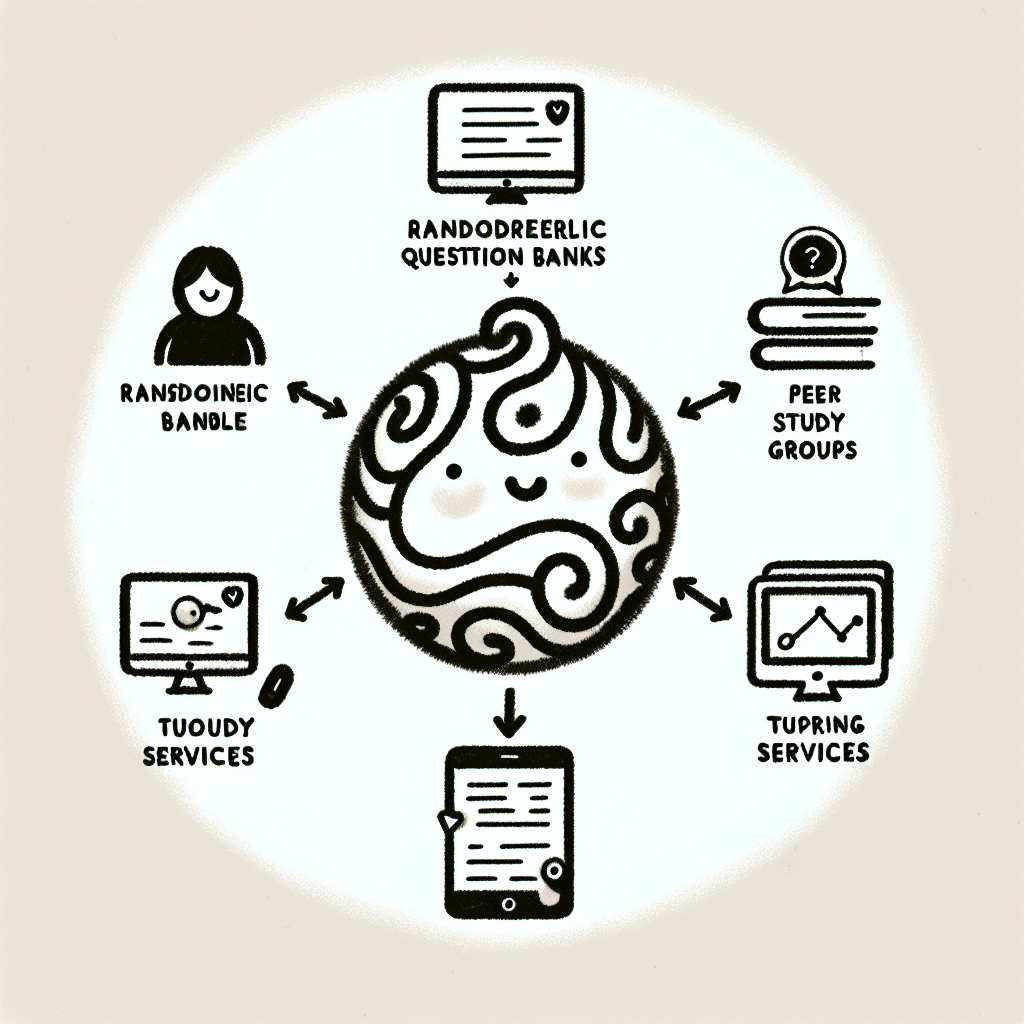
Conclusion
Effective studying isn't just about the number of hours spent—it’s about using the right strategy. When preparing for exams, applying study hacks for exams that are active, structured, and tailored to individual learning styles can lead to significantly better outcomes. Research supports the idea that techniques such as spaced repetition, retrieval practice, and interleaving enhance long-term retention and understanding.
Both students and educators play a role in implementing these evidence-based study hacks for exams. By fostering an environment that encourages strategic learning, it becomes easier to shift from passive review to active engagement with the material. The goal isn't just to pass exams but to build lasting knowledge through smarter, more personalized study habits.
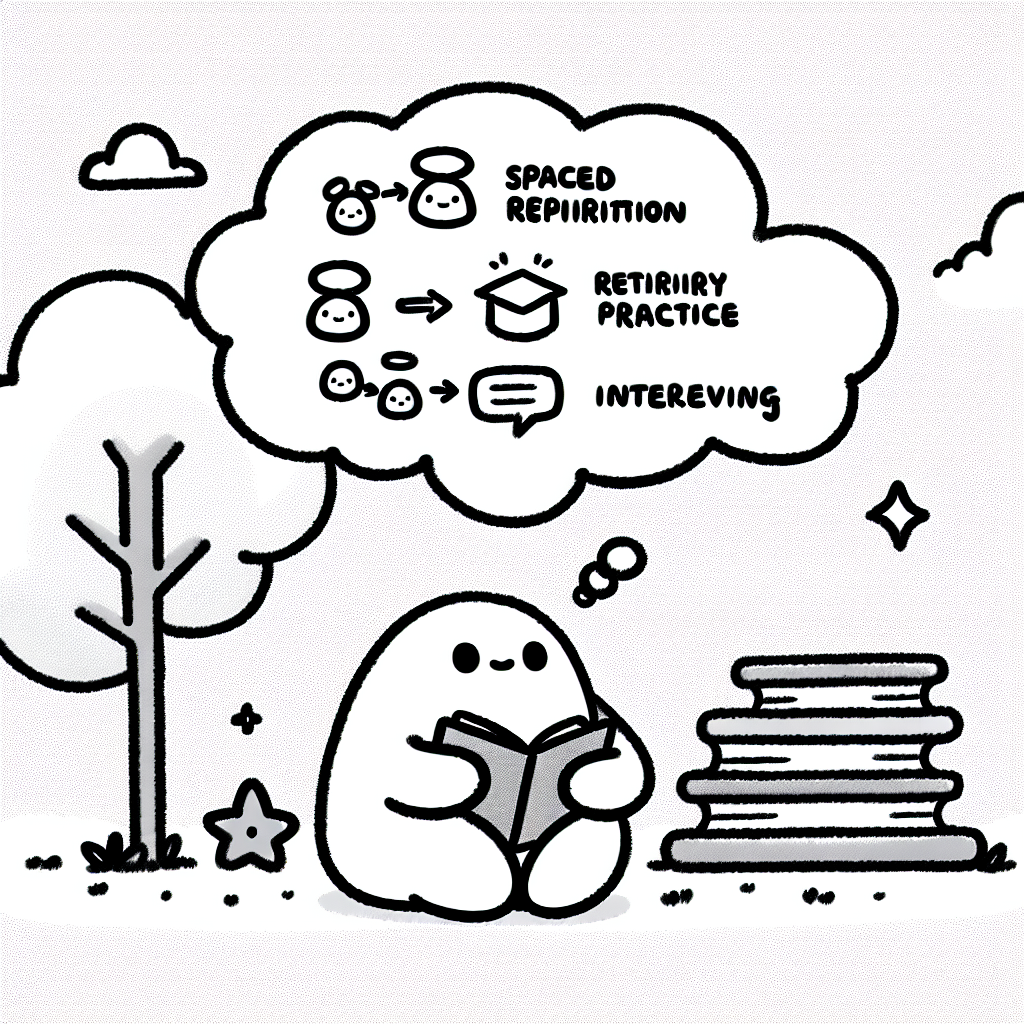
📚 References
- "Practice Makes Better: Quantifying Grade Benefits of Study" – This study quantifies the correlation between deliberate study habits and improved academic performance, reinforcing the value of consistent study hacks for exams.
- "Determination of the Helpfulness of Physics Exam Study Methods" – This research evaluates various study strategies in physics education, identifying which methods most effectively enhance exam performance.
- "A Crowdsourcing Approach to Collecting Tutorial Videos" – This paper explores the use of diverse tutorial videos as a learning aid, supporting the integration of multimedia resources into study hacks for exams.
- "Combating Anti-Statistical Thinking Using Simulation-Based Methods" – Demonstrates how simulation-based learning can improve comprehension of statistics, offering a useful approach among study hacks for exams.
- "Increased Structure and Active Learning Reduce the Achievement Gap in Introductory Biology" – Highlights how structured learning and active engagement can close achievement gaps, supporting their inclusion in effective study hacks for exams.
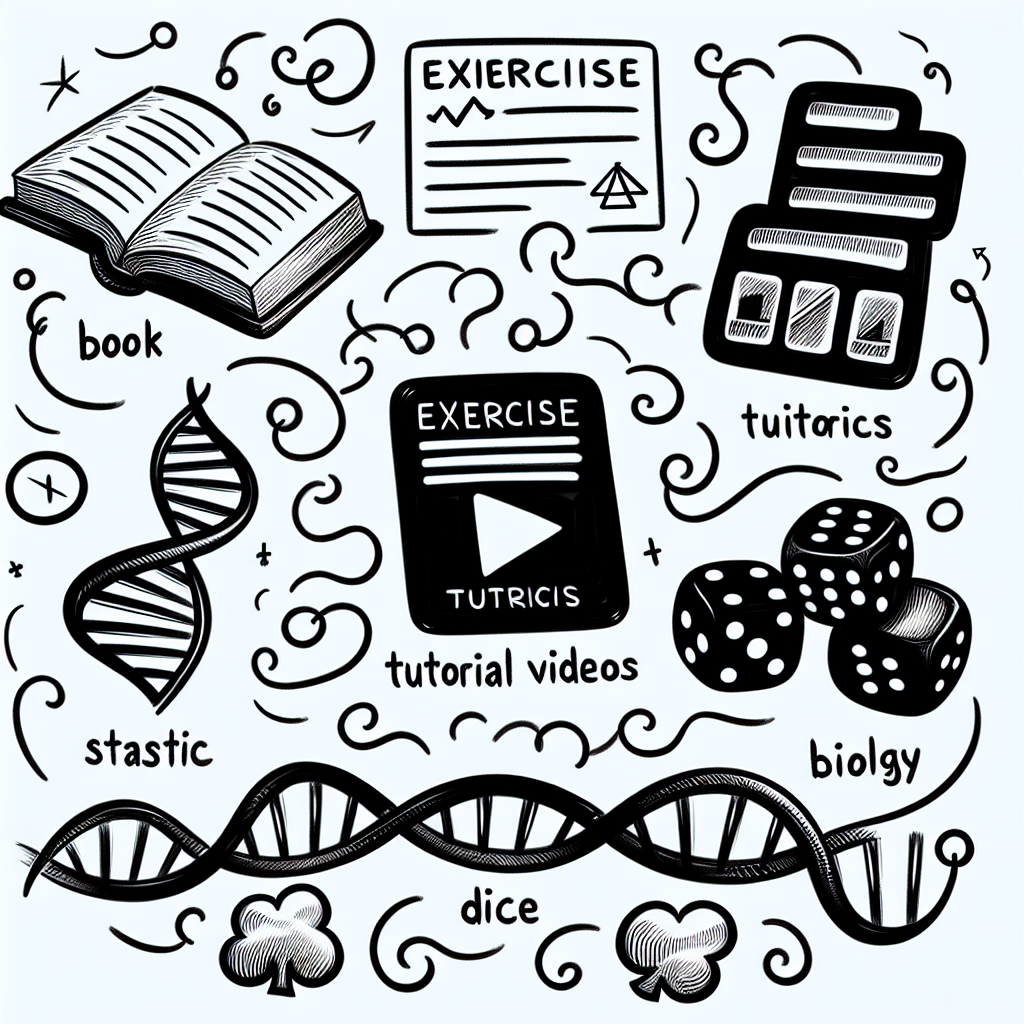






.png)






